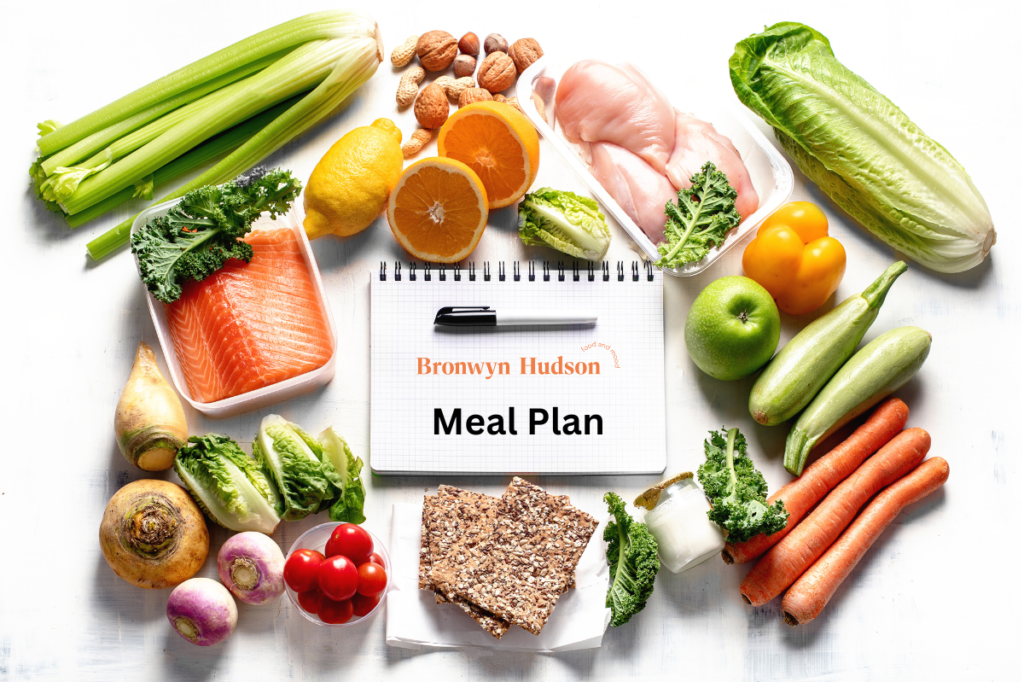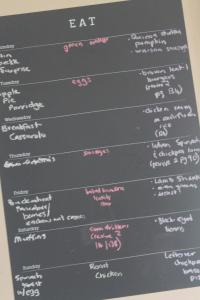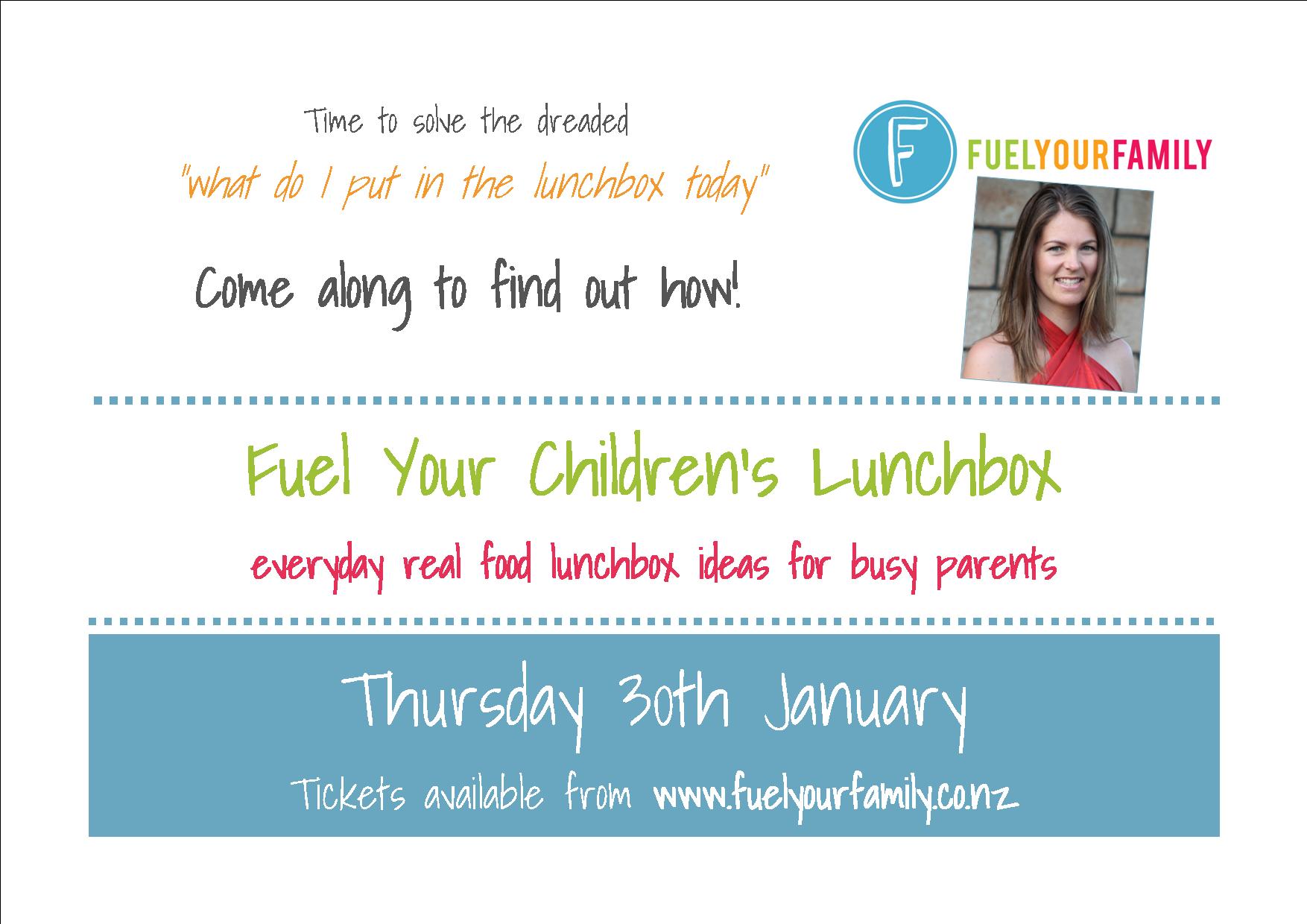How meal planning supports mental health

Can a meal plan really support my mental wellbeing?
Meal planning is often thought of as a tool for weight loss or sticking to a budget, but it can also have a significant impact on our mental health and wellbeing.
One thing I often see in clinic – and sometimes have experienced myself – is that when people are feeling overwhelmed, anxious, low or down, deciding what to eat can be a challenge. This is when I see people are either less likely to eat at all, or more likely to eat in a way that doesn’t fuel their bodies or minds.
Having a plan can support us to eat in a way that feels good – not just while you are shovelling the food into your mouth, but for the hours and days afterwards too. Meal planning is a powerful tool that can help improve your overall well-being, especially your mental health. Planning and preparing your meals in advance can help reduce stress, save time, and promote healthier eating habits
Some of the benefits of meal planning:
- Reduces Stress and Anxiety: One of the biggest benefits of planning meals in advance is that it can help reduce the stress and anxiety that often comes with trying to decide what to make for dinner at the last minute. When we’re feeling overwhelmed, our ability to make healthy choices can be compromised. Meal planning eliminates – or at the very least significantly reduces – this added stress.
- Supports Improved Mood and Energy Levels: Eating a well-balanced diet that includes a variety of nutrient-dense foods can improve mood and energy levels. Meal planning allows you to focus on incorporating nutrient-dense foods into your diet and can lead to improved overall well-being.
- Encourages Mindfulness and Intentionality: Meal planning requires thought and intentionality. It encourages us to be mindful of what we’re eating and the impact it has on our bodies. This mindfulness can help to improve our relationship with food and reduce disordered eating patterns.
- Saves Time and Money: Meal planning also saves time and money, allowing you to make the most of your grocery budget and reducing food waste.
- Provides a Sense of Accomplishment: Meal planning can also provide a sense of accomplishment, which can help boost your mood and self-esteem. When you plan your meals in advance, you can feel proud of yourself for accomplishing something that supports your mental health. It’s a form of self-care. This can help improve your overall sense of wellbeing.
Meal planning made easy
There are several meal planning hacks that I use for myself and for my clinic clients that can take that overwhelming task of planning a week’s worth of meals and turning it into a time-saving, sanity-saving act of support for your mental wellbeing.
Save time, effort and thinking by setting up a routine. One you can come back to each week, so you don’t have to recreate the wheel each grocery day. Think about what works best for you – with the time
you have, your finances, health challenges and limitations. A sustainable, successful plan is one that is
workable for you!
Option one: THEMED TEMPLATE
To use a themed template to simplify your meal planning, think about the balance of main meals that you enjoy eating across the week. Look at your routine, and that of your family if relevant, and consider which nights you may need quicker option, something you prepared earlier or grab and go options, and which nights you have more time to cook.
Then create a meal planning template that you will base your meals off each week. For example:
- Monday’s: Fish with salad and roasties
- Tuesday’s: Chicken bowls with rice
- Wednesday’s: Vegetarian
- Thursday’s: Red meat
- Friday’s: Mexican
- Saturday’s: Snack dinner
- Sunday’s: leftovers or takeaways
This option works particularly well for those that like to eat different meals each week as you have a lot of flexibility within the template for different recipes.
OPTION TWO: Rinse and repeat
This option is the one I am using in my house at the moment – but I have used a themed template like above often also.
For the ‘rinse and repeat’ meal planning hack, you plan out a week of meals and then simply reuse this plan in following weeks. I am not very good at eating the same food over and over, so I have actually created a four week meal plan, and then rotate it. You can get the family or flatmates on board with planning this one out – get everyone to choose a few meals that they love and would like included, and then plot these out on a weekly/monthly planner.
For many years I have used the ‘rinse and repeat’ method of meal planning for breakfasts and school lunches, where we have a weekly plan that we stick to for a full school term/season, before assessing if anyone would like edits for the next term/season. Breakfasts such as Buckwheat Breakfast Delight, Apple Pie Porridge – with gluten-free version and Sam I Am – Green Eggs and Ham are often included in our regular rotations. These breakfast and lunch plans, combined with a weekly, fortnightly or monthly ‘rinse and repeat’ dinner plan make grocery shopping a breeze.
Another benefit I find in having meals planned out, is it create the opportunity for prepping meals in advance, or double recipes to freeze for when you next repeat the meal plan, essentially halving the time you spend in the kitchen.
What are you thoughts? How do you approach meal planning? What meal-planning hacks can you share? Do you feel that you eat in a way that fuels your wellbeing more when you meal plan? I am looking forward to seeing your ideas in the comments.










